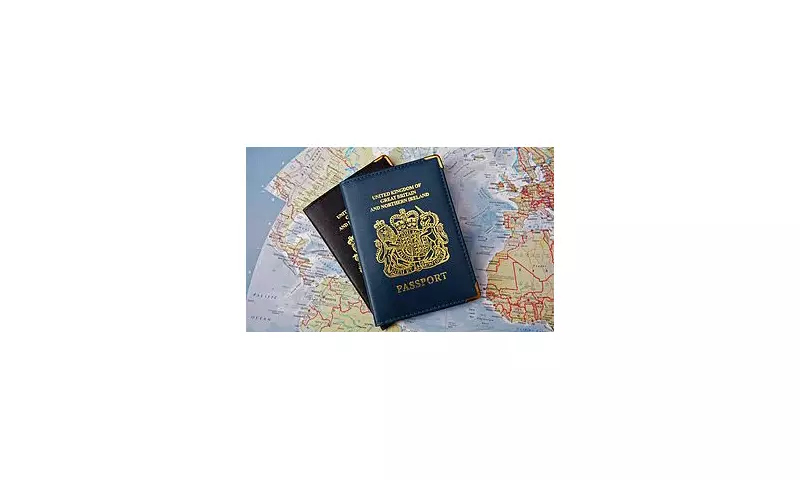
In a dramatic reshuffling of global travel freedom, the latest Henley Passport Index has revealed concerning declines for both British and American passport holders, while Asian nations continue their remarkable ascent to the top of the rankings.
The New World Order of Passport Power
The United Kingdom has fallen to its lowest position since the index began in 2006, now sharing fourth place with Denmark, Netherlands, and Sweden. This represents a significant drop from the top spot Britain held just eight years ago. Meanwhile, the United States has slipped to eighth place, marking its poorest performance in the index's history.
This downward trend for traditional Western powerhouses contrasts sharply with the rising fortunes of Asian passports. Singapore has maintained its position as the world's most powerful passport for the third consecutive year, offering visa-free access to an impressive 195 destinations.
The Asian Century of Travel Freedom
Japan, South Korea, and France complete the top three positions, demonstrating Asia's growing dominance in global mobility. The gap between top and bottom rankings has never been wider, with Afghan passport holders able to visit just 28 countries without prior visa arrangements.
Dr. Christian H. Kaelin, Chairman of Henley & Partners, noted: "The average number of destinations travellers can access visa-free has nearly doubled from 58 in 2006 to 111 in 2024. This represents a significant redistribution of global travel freedom, with Asian countries increasingly dominating the top ranks."
What This Means for British Travellers
Despite the relative decline, British passport holders still enjoy extensive travel privileges. The UK passport provides access to 191 destinations without requiring a visa in advance, maintaining strong global mobility despite increased competition.
The shifting landscape reflects broader geopolitical changes and bilateral relationships between nations. As countries reassess their visa policies, traditional Western passports are facing increased scrutiny while Asian nations benefit from improved international relations and diplomatic efforts.
This redistribution of passport power serves as a barometer for changing global dynamics, with economic growth, diplomatic relations, and security considerations all playing crucial roles in determining which passports offer the greatest travel freedom.





